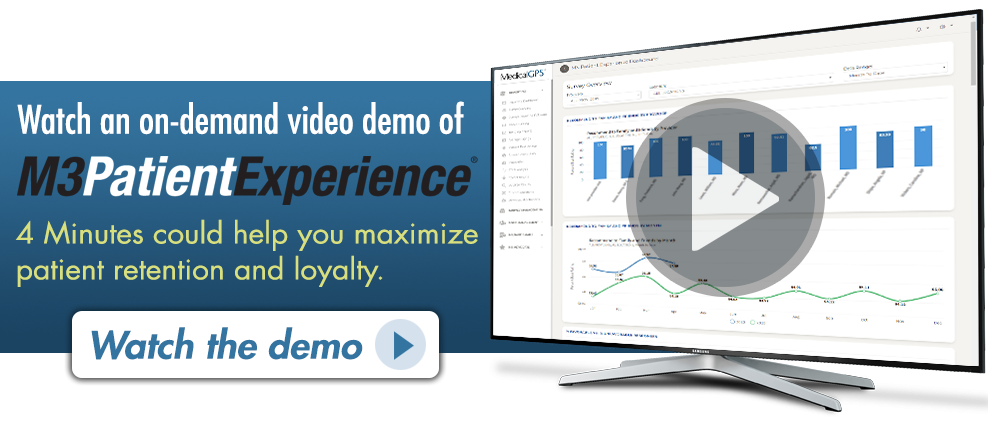 Often called “The Instant Gratification Generation” or the “Drive-Thru Generation,” Millennials have grown up with on-demand services like Amazon and Netflix. They expect convenience, transparency, and mobility in everything they do. This group of consumers is currently the largest living demographic group in history, surpassing the baby boomers, and comprising of more than 83 million according to the US Census Bureau. They spend more than 600 billion annually and are the generation with the greatest buying power, which is why organizations and brands all over the world are clamoring to appeal to this group and gain their attention, business, and loyalty.
Often called “The Instant Gratification Generation” or the “Drive-Thru Generation,” Millennials have grown up with on-demand services like Amazon and Netflix. They expect convenience, transparency, and mobility in everything they do. This group of consumers is currently the largest living demographic group in history, surpassing the baby boomers, and comprising of more than 83 million according to the US Census Bureau. They spend more than 600 billion annually and are the generation with the greatest buying power, which is why organizations and brands all over the world are clamoring to appeal to this group and gain their attention, business, and loyalty.
Healthcare systems and medical practices be forewarned, this generation should not be ignored. Millennials will soon be the predominant consumers of healthcare, and they have very different expectations from their healthcare than previous generations. Those that fail to recognize these expectations and adapt to the millennials needs will ultimately suffer.
Some of these expectations include:
Convenience
Convenience wins with Millennials. They expect convenience in everything. They want healthcare to be accessible, convenient, cost-effective and personalized. According to research, retail and acute care clinics are preferred among Millennials, primarily because they want to walk-in and be seen the same day rather than waiting an extended period of time for an appointment. Healthcare systems and practices that recognize the needs of this generation will consider offering more flexible scheduling, and provide more options in acute care and telehealth.
Transparency
Millennials expect transparency and flexibility in healthcare pricing. They are more likely to forego a test or treatment if they believe the pricing is unclear or too expensive. Millennials are also the most price-conscious consumers of healthcare. They are the most likely to ask for a discount, price check, or research less expensive treatment alternatives. Healthcare organizations or medical practices that offer same day appointments, cash price exams, and clear pricing for straightforward tests or vaccinations are more likely to attract this consumer. (For example- $79 annual exams, $20 flu vaccinations, etc.)
Mobility
Millennials want easy access to medical records and would rather schedule tests and doctors’ appointments, view results and pay bills online through a secure website. According to one survey, 71% of Millennial patients would prefer providers that offer mobile apps to book appointments, share health data, and manage preventative care. This trend is likely to only grow stronger.
Healthcare organizations and medical practices that are able to provide convenience, easy access to care, price transparency, and mobility will ultimately attract and appeal to Millennials and maintain the competitive advantage.

References:
- http://www.beckershospitalreview.com/healthcare-information-technology/can-you-heal-me-now-healthcare-mobile-and-millennials.html
- http://www.beckershospitalreview.com/hospital-management-administration/millennials-and-healthcare-25-things-to-know.html
- https://www.accenture.com/us-en/insight-outlook-who-are-millennial-shoppers-what-do-they-really-want-retail


1 thought on “What Medical Practices Need to Know about Millennials”